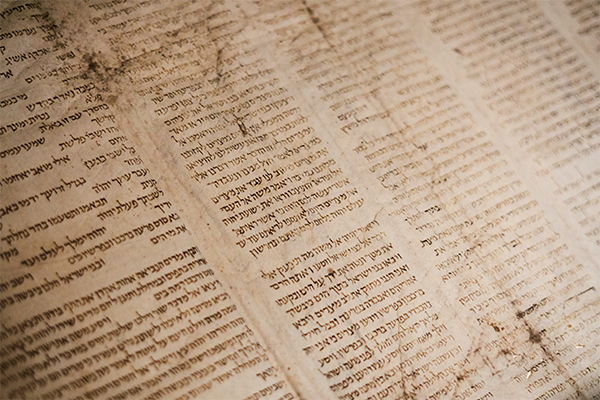From childhood, Americans like to participate in large and small projects and democratic decisions, but now it is said that Americans don’t seem to have this habit (Appelbaum, 2018). Participating in democracy, or even simply casting a vote, has become so unusual for them that many say they no longer believe in democracy. What’s even stranger is that the people who elected Trump in ’16 seem to be people who are not normally involved in democratic politics. This begs the question of whether America’s democratic institutions are in unprecedented trouble.
This brings us back to the history and definition of democracy. For 200 years of democratic history in the United States, democracy was not an instinctive choice of the people at the beginning, but acquired, unlike in Europe, where the democratic system was dominated by an aristocratic elite, whereas in the United States, the leaders were spontaneously chosen by the people.
For the American people, democracy is a kind of civic religion, which binds people with different backgrounds together through faith. That is, forge, out of a diverse population, a new national identity, uniting Americans under a banner of ideas. (Appelbaum, 2018) “. Its regulations do not take into account different ideologies, but only the rationality of things. Hence, some people use them to safeguard the rights and interests of minorities, while others use them to practice localism.
Trump is a man of “opinions” about democracy, which he describes as a political tool used by elites to consolidate their positions and exclude their opponents. He also thinks that the people who voted for him made the right choice because they would no longer be ruled by a corrupt political class but decide their own fate. His election has shown a flouting of democratic rules and a contempt for the democratic process.
Many experts believe that the democratic society of the United States is facing unprecedented challenges, its democracy looks fragile, and the White House led by Trump is also the worst functioning in history (Frum, 2018). Tariffs, trade wars, walls, Russia, all sorts of things have happened since Trump took office. As a president, he has no moral demands on himself or his government.
He took money from all sources and used his name to do a lot of business that benefited his family business. The idea of tying one’s family to the country’s politics is almost like an autocracy because in a democracy the president is and is only the biggest “civil servant”, elected by the people to serve the country rather than take from it.
Even more egregious, Trump will use his power to crush those who disagree with him. Then make an example of the rest of us. His order may represent the profit or death of an industry, and those who die may not be compensated. But more terrible is not trump a person to do so, but the Democratic Party in public help to beautify trump’s image, help him hide errors because they know that once the republicans in congress have lost power, can’t stand up, and once was exposed and impeachment trump, its reputation will be corrupted (Tooze, 2018).
Now it is not just Mr. Trump’s own Republican party, but also the Democrats, who are showing signs of weariness and disdain for obeying the rules of the old order as if anyone who sticks to the old order loses an election. It is easier to abandon the rules than to follow them. In fact, the fact that the United States has experienced so many twists and turns but still maintains political stability shows that the mainstream culture of the United States is still democratic, and democracy will bring some stability (Chua & Rubenfeld, 2018).
It is important to re-engage in democratic life, in which one can learn the benefits of rules and order in resolving disputes. Participating in one activity means that a person is more likely to vote a second time, and a person who votes once is more likely to vote a second time. Democracy may not be the best way to run a country or an institution, but it brings different interests to a republic and gives voters power.
Above all, the restoration of democracy is good for the people themselves, as Roosevelt observed in mobilizing the American people to join the war against fascism: participation in this democratic cause means the way in which Americans ultimately choose to live for themselves (Roosevelt, 1941). A healthy democracy means fairer opportunities for young people, jobs and security for all, fewer privileges for the few, and more pensions and unemployment benefits from the government……. In fact, Americans are quite free in a democratic environment. Americans can not only retain their ethnic characteristics and foreign culture but also have a national identity because the Constitution guarantees that they will be treated in the same way and their life is also guaranteed (Chua & Rubenfeld, 2018).
Reference
Appelbaum, y. (2018). “Americans Aren’t Practicing the center Anymore”. Retrieved from https://www.theatlantic.com/magazine/archive/2018/10/losing-the-democratic-habit/568336/
Chua, a. & Rubenfeld, j. (2018) “The — kyoui of Tribalism”. Retrieved from https://www.theatlantic.com/magazine/archive/2018/10/the-threat-of-tribalism/568342/
Frum, d. (2018). “America’s Slide Toward Autocracy”. Retrieved from https://www.theatlantic.com/magazine/archive/2018/10/building-an-autocracy/568282/
Roosevelt, f. (1941), “The Four Freedoms”. Retrieved from https://voicesof

